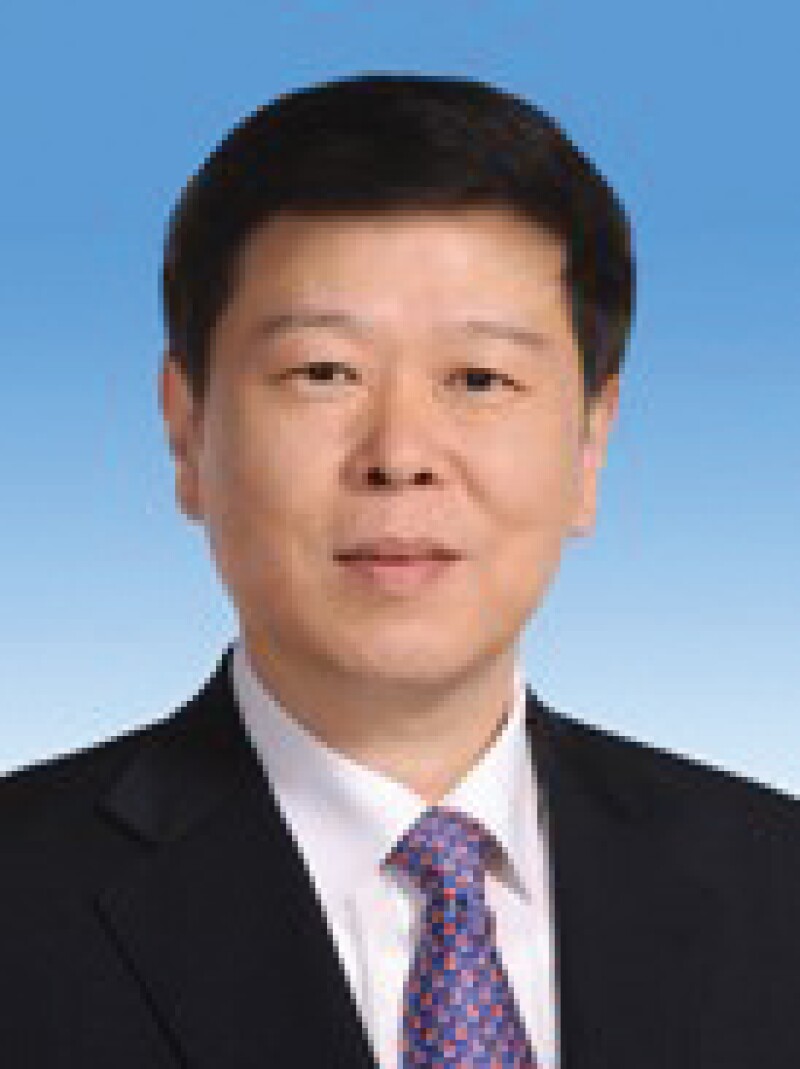
|
Jun Wang, director of China's State Administration of Taxation (SAT), has the near-impossible job of collecting tax from 1.36 billion citizens and implementing tax policy in the world's most rapidly changing economy. Colleagues call him "important", "influential" and "ambitious" and his efforts to end tax evasion in the vast country have earned him attention from international media. Despite the immense challenges of his mandate, he has worked closely with finance and economic teams to fast-track China's development into a modern economy, firmly securing himself a position as one of the most influential people in tax.
Wang began his political career in the Ministry of Finance, where he worked for nearly a decade as vice minister of finance before being appointed in his current role as Commissioner in 2013. He was key in introducing the corporate income tax law in 2008, which borrowed from the US model but simplified its contents down to an enviable 30-40 pages.
In January of 2014, Wang was the first SAT administrator to ever represent China as a member of the Foreign Trade Association Steering Committee. He signed China up to the OECD's Multilateral Convention on Mutual Administration Assistance in Tax Matters. He has represented China and developing countries at the G20 meetings in Brisbane and pledged China's commitment to enforcing the BEPS project deliverables.
Wang has also emphasised that Chinese taxation must adapt to better assist Chinese companies going global. He also emphasises the importance of fostering relationships between taxpayers and tax administrators as part of the Communist Party of China's 'Mass Line' campaign which aims to improve communication between officials and citizens.
"Learning from others proves beneficial," Wang stressed at an international meeting earlier this year.
His most ambitious initiative has been the launching of two campaigns. The first and best known is the tax modernisation campaign, which his office says will bring China's system into line with the most advanced in the world by 2020.
Wang's second campaign, translated literally as the 'Spring Breeze Campaign for More Convenient Taxation Services' is one that aims to help taxpayers. Through Spring Breeze, Wang aims to improve taxpayer services and collection to increase taxpayer compliance.
The SAT pinpoints economic growth as China's most important mandate, and tax will play a crucial part as the country's growth slows.
Though Wang has pushed China's tax development forward in 2014, he still faces many daunting challenges, principal among which is developing China into a modern fiscal system by 2020. Tax modernisation is high on his agenda for 2015.
Colleagues have no doubt in his abilities.
A biography from his team reads: "While Mr. Wang's commitment and contributions to tax reform and modernisation are a manifestation of his love for his country, the many responsive and responsible actions he takes are having, and will continue to have, tangible impact on his country and across the tax world."
The Global Tax 50 2014 |
||
|---|---|---|
| Gold tier (ranked in order of influence) 1. Jean-Claude Juncker 2. Pascal Saint-Amans 3. Donato Raponi 4. ICIJ 5. Jacob Lew 6. George Osborne 7. Jun Wang 8. Inverting pharmaceuticals 9. Rished Bade 10. Will Morris Silver tier (in alphabetic order) Joaquín Almunia • Apple • Justice Patrick Boyle • CTPA • Joe Hockey • IMF • Arun Jaitley • Marius Kohl • Tizhong Liao • Kosie Louw • Pierre Moscovici • Michael Noonan • Wolfgang Schäuble • Algirdas Šemeta • Robert Stack Bronze tier (in alphabetic order) Shinzo Abe • Alberto Arenas • Piet Battiau • Monica Bhatia • Bitcoin • Bono • Warren Buffett • ECJ Translators • Eurodad • Hungarian protestors • Indian Special Investigation Team (SIT) • Chris Jordan • Armando Lara Yaffar • McKesson • Patrick Odier • OECD printing facilities • Pier Carlo Padoan • Mariano Rajoy • Najib Razak • Alex Salmond • Skandia • Tax Justice Network • Edward Troup • Margrethe Vestager • Heinz Zourek |
||









